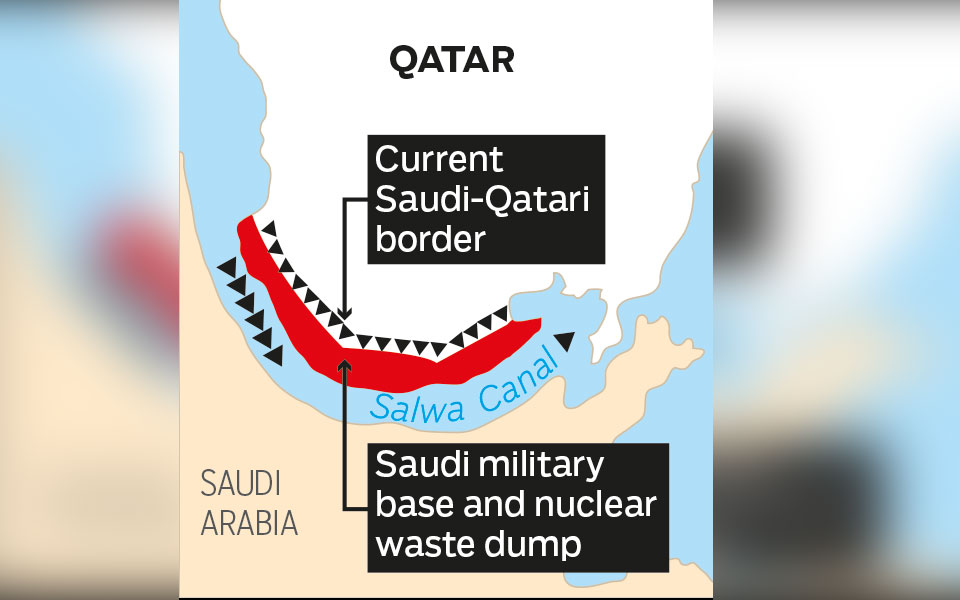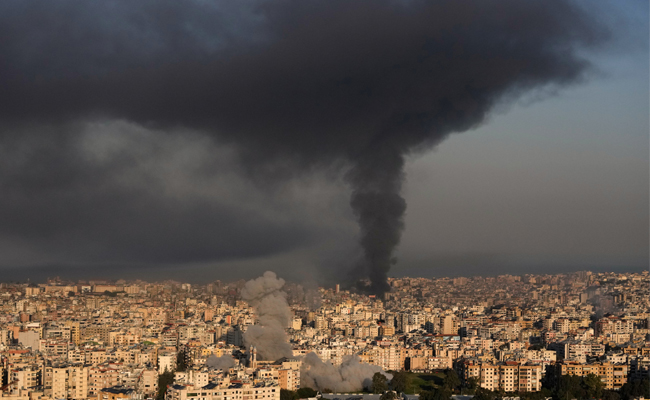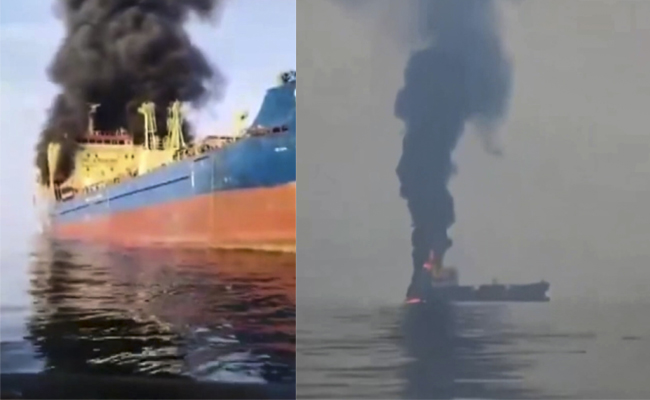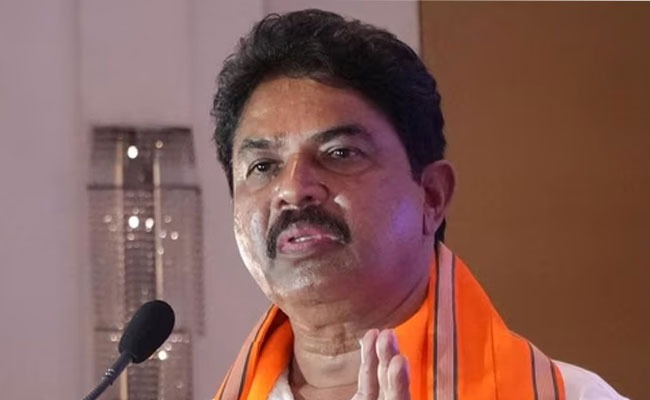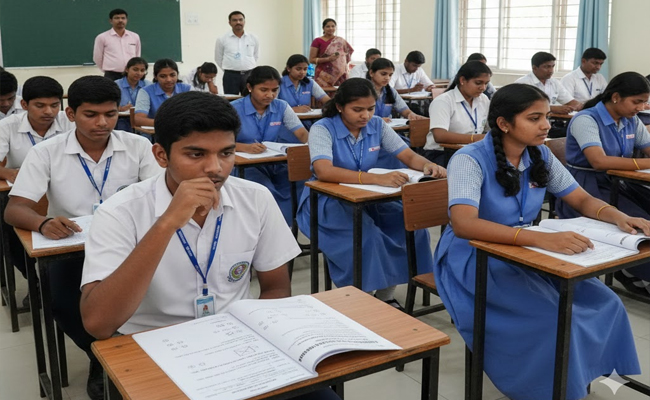Manama: Saudi Arabia’s deadline for accepting tenders to dig a 60-kilometre canal that will turn Qatar into an island will be June 25. Five international companies with expertise in digging canals have so far submitted their tenders for the Salwa canal inside the territories of Saudi Arabia and alongside the Saudi-Qatari borders. The name of the winner will be announced within 90 days and the company will have one year to complete the task, Saudi daily Makkah has reported.
The planned canal, expected to cost SR2.8 billion (Dh2.74 billion), will stretch from Salwa to Khor Al Adeed, and will be 200 metres wide and 15 to 20 metres deep, allowing ships up to 295 metres long and 33 metres wide to navigate it.
Several resorts with private beaches in Salwa, Sakak, Khor Al Adeed and two in Ras Abu Qamees are also being planned. Seaports will be built in Salwa and in Aqlat Al Zawayed and will complement the one in Ras Abu Qamees.
Marinas for yachts and water sports will be built on the two banks of the canal, making it one of the most attractive in the Gulf region.
The canal will be inside Saudi territory, making it fully Saudi, and will be about one kilometre from the official border with Qatar. The plan will be presented to relevant entities, including the Ministry of Defence and the Border Police.
The project will be reportedly funded fully by Saudi and UAE private investors and that Egyptian companies with expertise in digging would help with the construction of the canal.
A Saudi military base will be established in the one kilometre separating the Salwa waterway from Qatar, while the remainder will be converted into a waste dump for the Saudi nuclear reactor, which Riyadh plans to build according to best practices and global environmental requirements.
In April, Saudi border guards took control of the Salwa crossing, effectively cutting off Qatar’s only terrestrial link with the outside world.
The customs and passports departments evacuated the crossing and handed over its control to the Border Guards, shortly after orders had been given to station them along the borders.
The move was understood to signify that work on the ambitious project to dig the waterway would start earlier than predicted.
Saudi Arabia, Bahrain, the UAE and Egypt on June 5 last year severed their diplomatic, trade and travel ties with Qatar, accusing it of supporting extremists and funding terrorism.
The Quartet issued a list of 13 demands and asked Qatar to comply with them in order to restore ties.
However, Doha rejected the points. Mediation efforts led by fellow Gulf Cooperation Council (GCC) member Kuwait have so far failed to achieve a breakthrough or any incremental progress.
The GCC, set up in Abu Dhabi in 1981, comprises Bahrain, Kuwait, Oman, Qatar, Saudi Arabia and the United Arab Emirates.
courtesy : gulfnews.com
Let the Truth be known. If you read VB and like VB, please be a VB Supporter and Help us deliver the Truth to one and all.
Dubai (AP): Airstrikes targeting an air base in southeastern Iran killed at least 13 Iranian troops there, local media reported.
The semiofficial Tasnim news agency and the Hammihan daily newspaper reported the strike in Kerman, 800 kilometres (500 miles) southeast of Iran's capital, Tehran.
The Kerman Air Base is known to house military helicopters.

